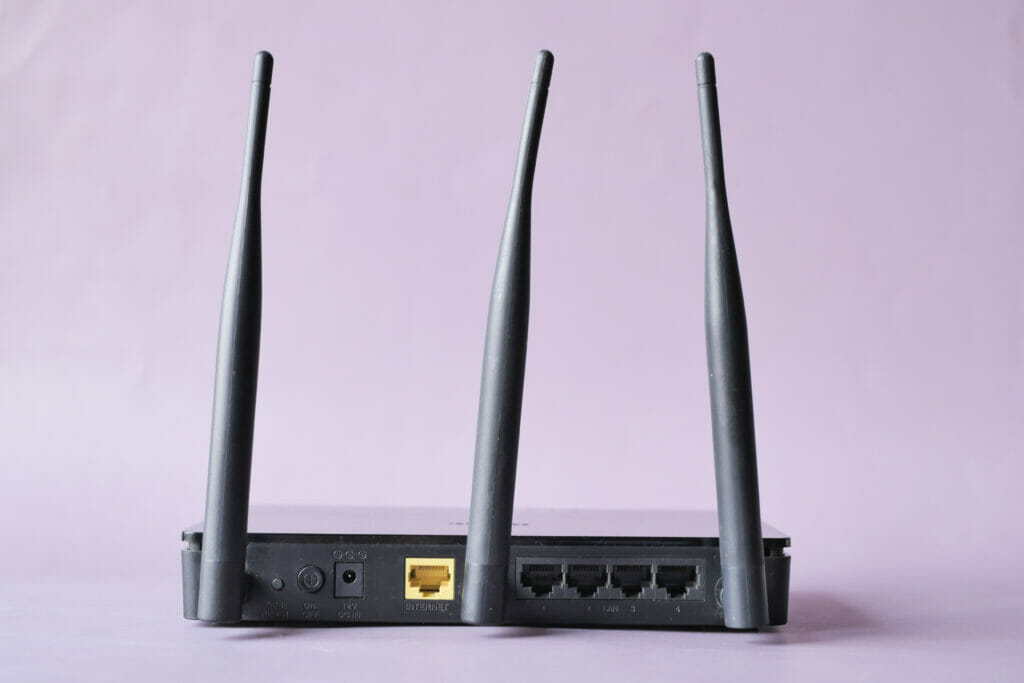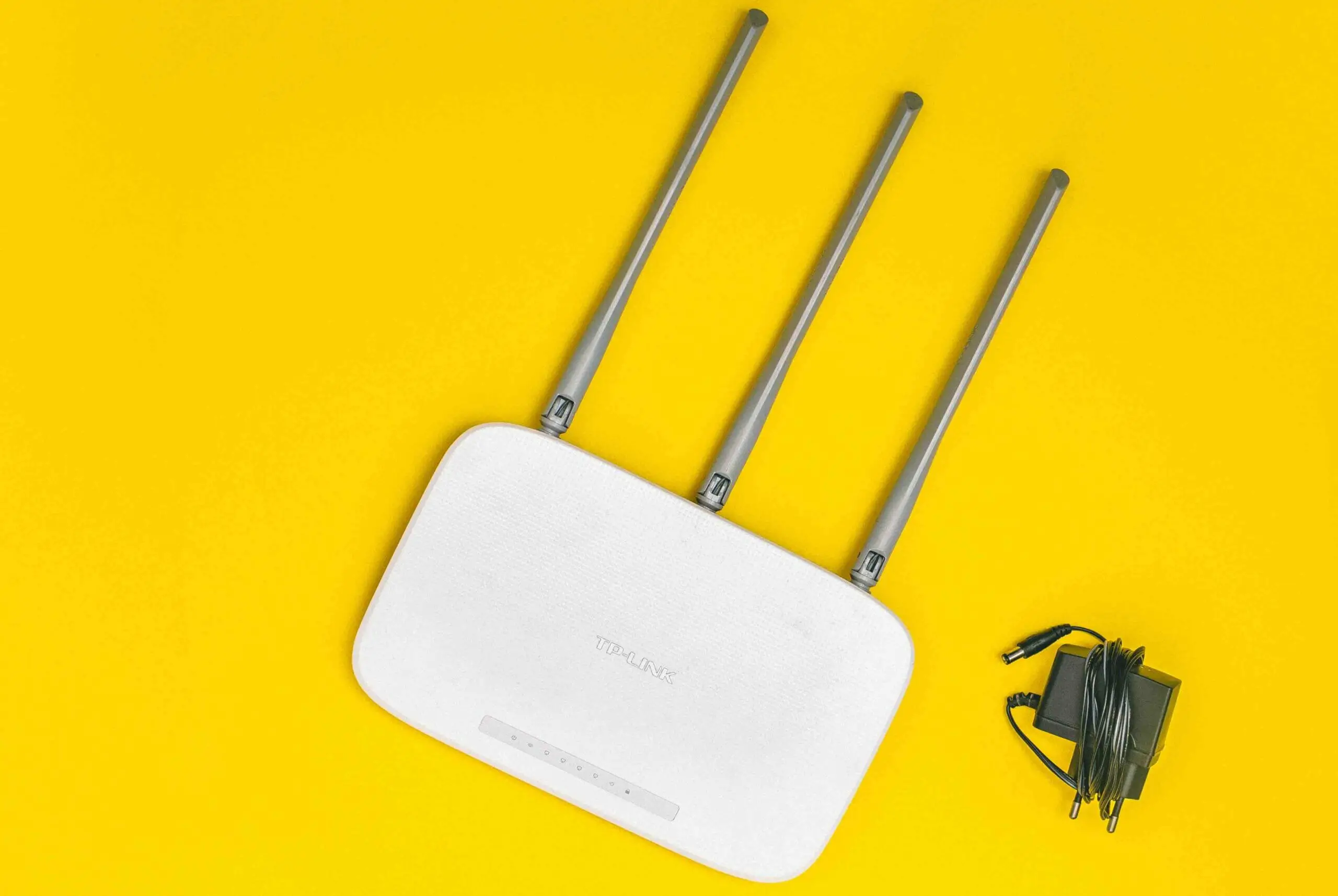Contents
ToggleHave you ever wondered if your wireless router can work without an internet connection? Perhaps you’re in a situation where you only need to connect devices within your home, or you’ve lost internet service but still need to share files between devices.
Well, the good news is that, in most cases, a wireless router can work without an internet connection. While internet service is often required for a wireless router to fulfill its intended purpose, it’s unnecessary. You can still utilize your router’s capabilities, such as connecting to local printers or sharing files between devices, even without an internet connection. However, there are some limitations to what you can do without internet service, such as online gaming or connecting to cloud-based storage.
That being said, I’ll explore the topic in more detail. I’ll discuss various scenarios where you may use your router without the internet, how to set up a router without an internet connection, and what you need to consider before doing so.
So, if you’re wondering if your wireless router can work without the internet, keep reading to find out more!
Ways to Use a Wireless Router Without Internet

In this section, I’ll discuss a few ways you can use your wireless router even if you don’t have an internet connection.
- Local Network Sharing: If you have multiple devices that you want to connect locally, you can use a wireless router to create a local network for them. This is especially useful for sharing files between devices that may not have access to other connectivity options like Bluetooth. Connecting your devices to a wireless router allows them to communicate seamlessly and share files easily.
- Playing Games: Gaming is another way to use your wireless router without an internet connection. If you have multiple players and devices, create a local network to connect them and play multiplayer games without an internet connection. You can also use your router for LAN parties with friends or family.
- Offline Streaming: If you’ve downloaded movies or TV shows to your devices and want to watch them on a larger screen, such as a TV, a wireless router can come in handy. Connect your device to the router and cast the media to your TV using a media streaming device like Chromecast or Apple TV. This way, you can enjoy your media offline without an internet connection.
A wireless router is a useful device that can do more than just provide internet connectivity. With these ways to use your wireless router without the internet, you can still make the most out of your router even if you don’t have an internet connection.
While a wireless router can function without the internet, there are some limitations to be aware of. First, you won’t be able to access any online content or services that rely on an internet connection. This includes browsing the web, streaming music or video, or accessing cloud-based services.
Additionally, some routers may require an active internet connection to perform certain functions, like updates or firmware upgrades. Check the user manual or manufacturer’s website for details about your router.
How to Set Up and Configure a Wireless Router Without Internet?

This section will guide you through creating a local network and basic router settings.
Step 1: Connect the Router
First, connect the wireless router to your computer or laptop with an Ethernet cable. You can also connect the router to a power source.
Step 2: Access Router Settings
Open your web browser and enter the router’s IP address in the address bar.
This will typically be something like 192.168.0.1 or 192.168.1.1, but check the documentation that came with your router. You’ll usually find the IP address printed on the label at the bottom of the router.
Step 3: Enter Login Credentials
Once you have entered the IP address, you will be prompted to log in to the router’s configuration page by entering your login credentials.
If you haven’t changed them, the default login information is usually printed on the bottom or back of the router or can be found in the documentation that came with it.
Step 4: Configure Basic Settings
Once you have logged in, you can configure basic router settings. Set a new password, change the network name (SSID), and set security settings.
Step 5: Create a Local Network
Now, you can create a local network for your devices to connect to.
Choose a unique IP address for the router and enable DHCP (Dynamic Host Configuration Protocol) to assign IP addresses to devices connected to the network automatically.
Step 6: Connect Devices
Finally, you can connect devices to the local network. Go to the WiFi settings on your device and search for available networks. Choose the network name (SSID) you set up earlier and enter the password.
Voila, you have successfully set up a wireless router without the internet. Your devices can now use the local network to communicate with each other, share files, and perform other tasks.
Security Measures for a Wireless Router Without Internet
| Security Measure | Purpose |
|---|---|
| Change Default Login Credentials | To prevent unauthorized access to the router’s settings. |
| Enable WPA/WPA2 Security | To secure the wireless network. |
| Set a Strong Password | To make the network harder to breach. |
| Regularly Update Firmware | To keep the router protected against known vulnerabilities. |
Benefits of Owning a Wireless Router without Internet

As someone who has owned a wireless router without internet, I can attest to its numerous benefits.
In this section, I’ll discuss some benefits of owning a wireless router without the internet.
1. Network Storage
One of the biggest benefits of owning a wireless router without the internet is that it can be used as a network storage device. Most routers come with a USB port that can be used to connect an external hard drive or USB drive.
This allows you to create a shared storage space that all devices connected to the router can access. It’s a great way to constantly share files between devices without transferring them using a USB drive.
2. Local Network Gaming
Another benefit of owning a wireless router without the internet is that you can still use it for local network gaming.
If you have multiple devices connected to the router, you can use it to host LAN parties and play games with your friends. It’s a great way to have fun without needing an internet connection.
3. Home Automation
Many modern homes have smart devices controlled using a wireless network. Owning a wireless router without internet allows you to use these smart devices to automate your home.
For example, you can use a wireless router to control your home security system, smart lights, and thermostat.
4. Guest Network
Finally, owning a wireless router without internet can be useful if you have guests over frequently.
You can set up a separate guest network that allows them to connect to the router without giving them access to your network. This ensures that your devices remain secure while providing your guests with internet access.
Overall, using a wireless router without the internet may seem unconventional, but it can be useful for various purposes.
It offers benefits and can be a great way to learn more about networking and technology.
Limitations of Using a Wireless Router Without Internet
When it comes to using a wireless router without the internet, there are some limitations that you should be aware of. In this section, I’ll be discussing these limitations in more detail.
- Limited Range: Most wireless routers have a limited range of coverage, which means that if you’re not within this range, you won’t be able to connect to the router. This can be a problem if you’re trying to use the router without the internet, as you may need to be within a certain distance to connect.
- Limited Access: Even if you’re within range of the router, you may not have access to all of its features if you’re not connected to the internet. For example, you may not be able to access files on other devices connected to the router, or you may not be able to use certain apps or services that require internet access.
- Limited Security: Without internet access, your wireless network won’t be able to connect to the outside world, but it’s still susceptible to unauthorized access. This means someone could hack into your network, access your data, or control your connected devices.
- Limited Functionality: While many wireless routers have additional features that allow you to use them as a media server or to manage your network, these features may not be available without an internet connection. This can limit the usefulness of the router for certain applications.
In summary, while it is possible to use a wireless router without the internet, there are several limitations that you should be aware of. Thus, if you’re planning on using a wireless router in this way, consider these limitations and choose a router designed for your specific needs.
References
Organizations:
- Wi-Fi Alliance. https://www.wi-fi.org/
- Internet Society (ISOC). https://www.internetsociety.org/
Books:
- “Networking For Dummies” by Doug Lowe
- “Home Networking Do-It-Yourself For Dummies” by Lawrence C. Miller
Websites:
- Cisco Blog. https://blogs.cisco.com/
- PCMag: Networking Reviews. https://www.pcmag.com/categories/networking
Video Reference
Home Network Geek
How helpful was this post?
Were Sorry This Was Not Helpful!
Let us improve this post!
Tell us how we can improve this post?

